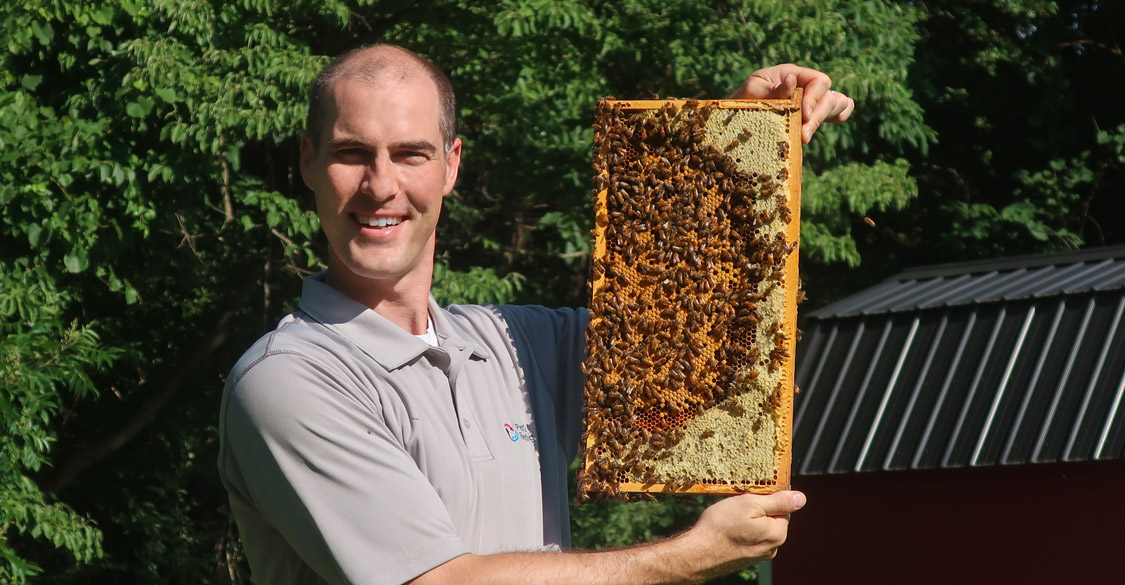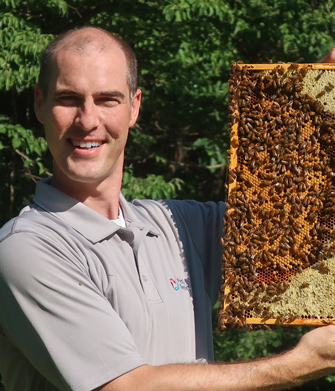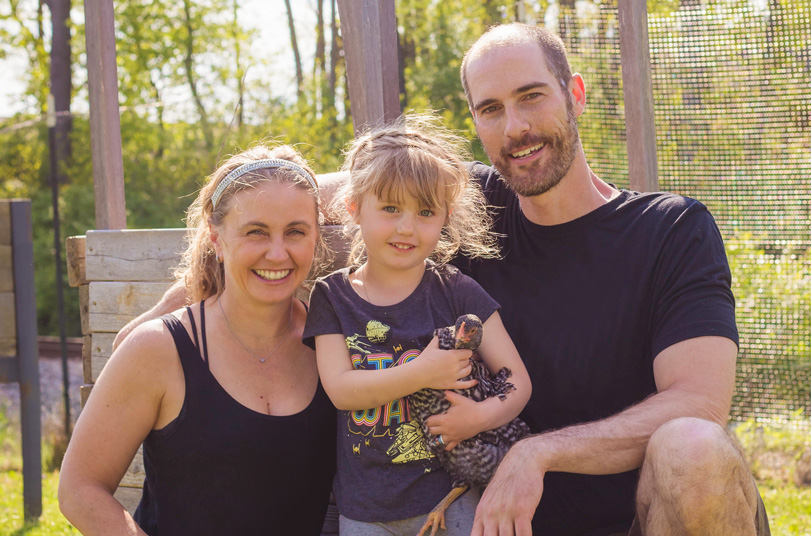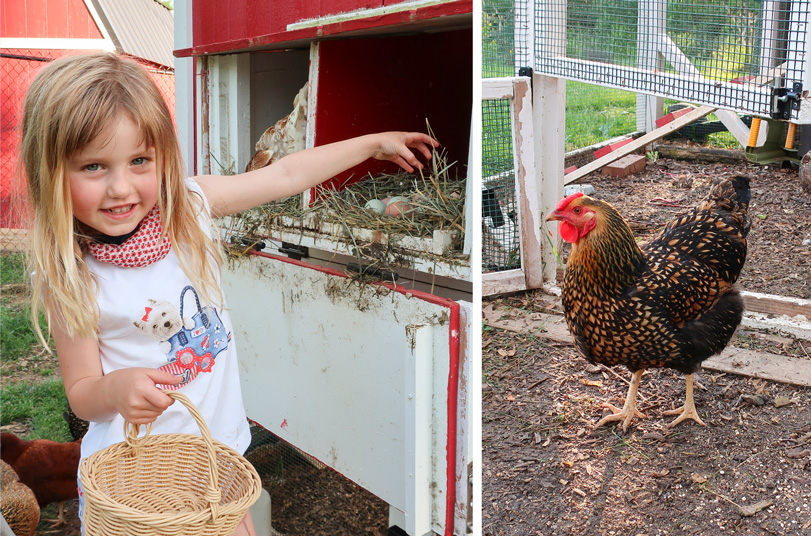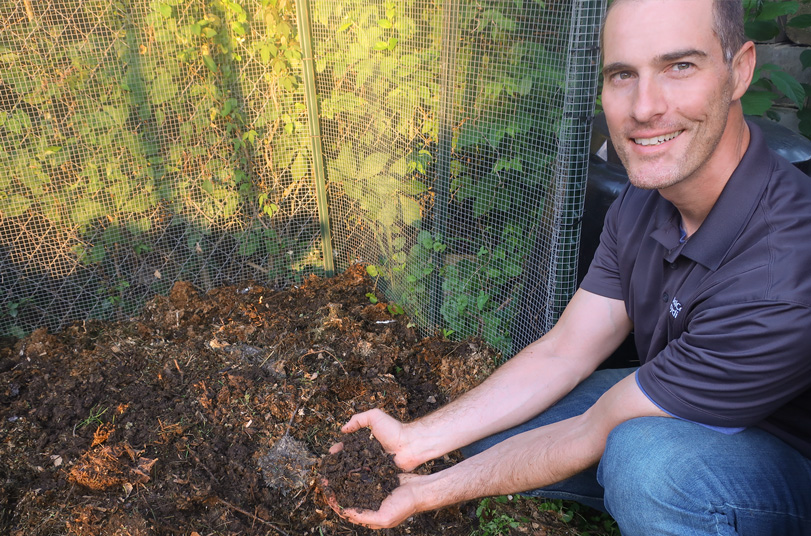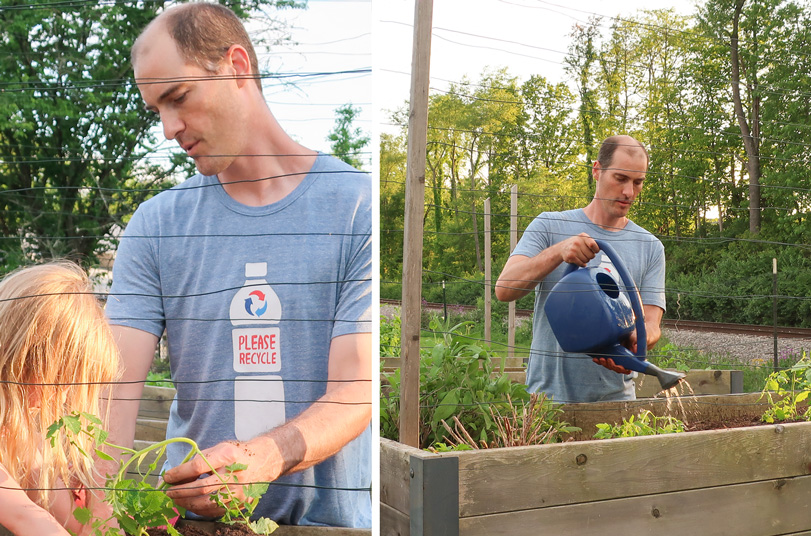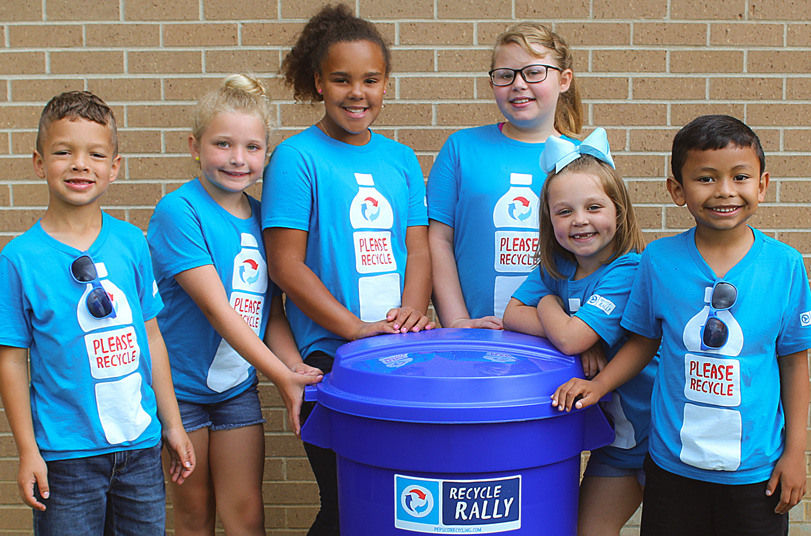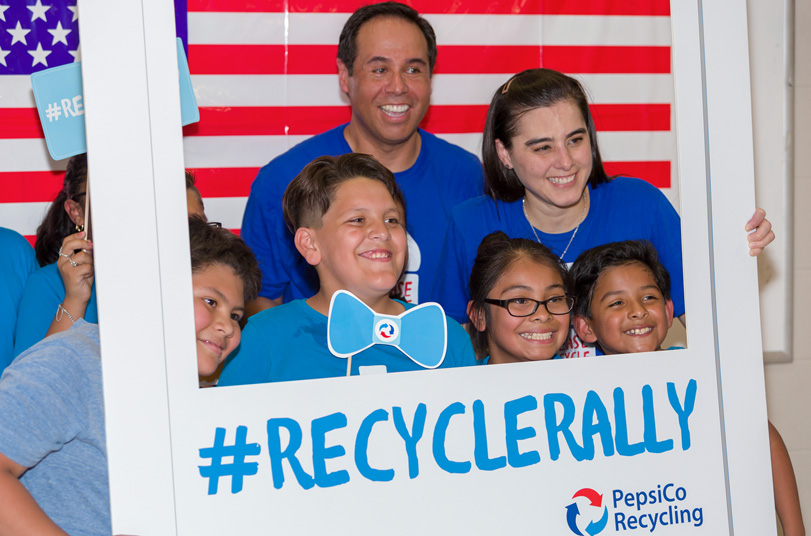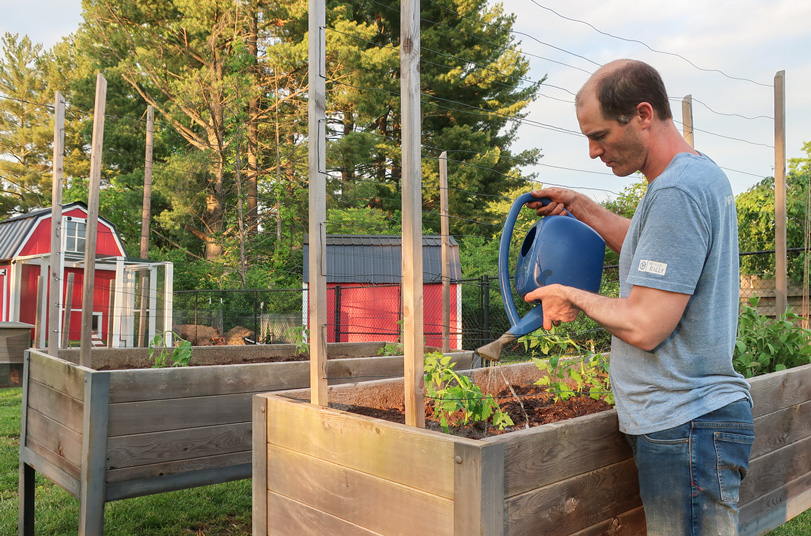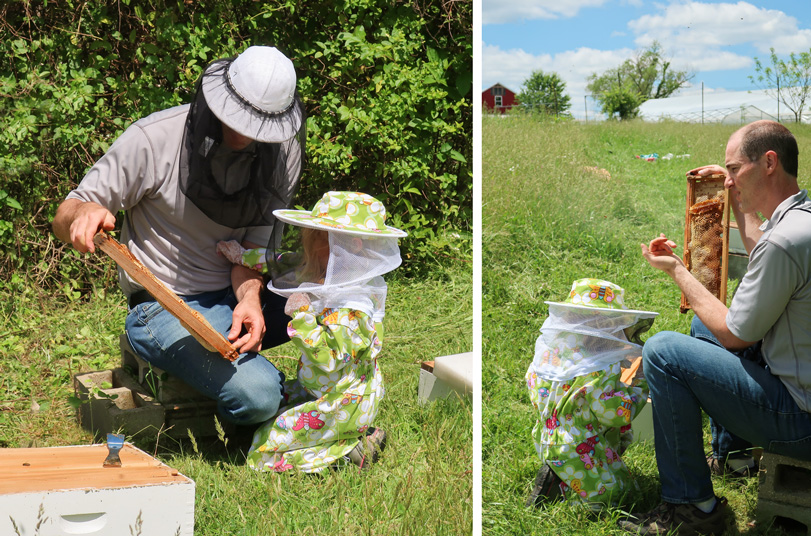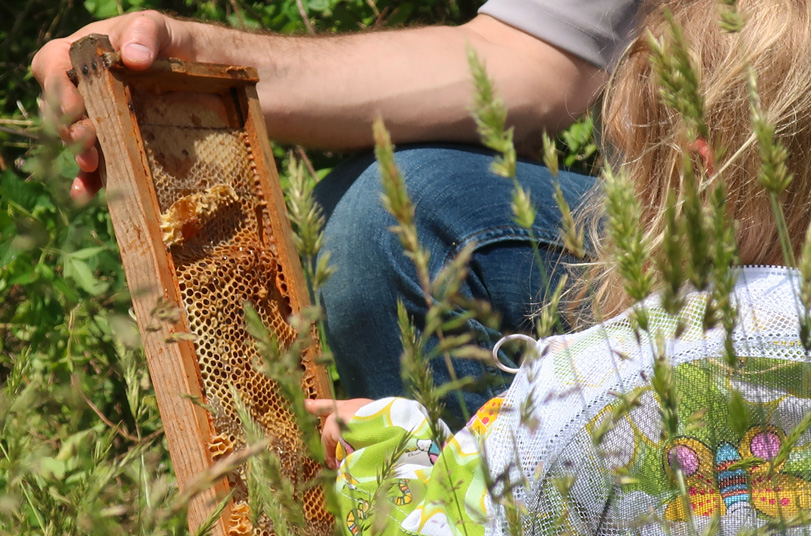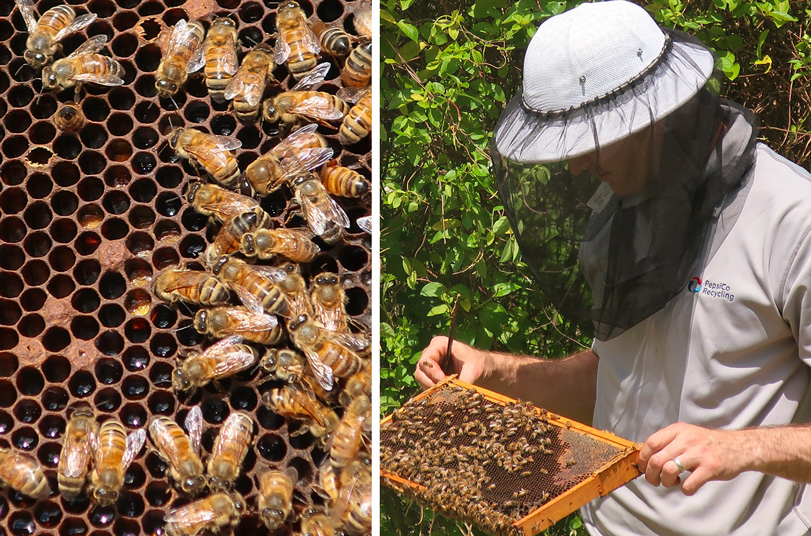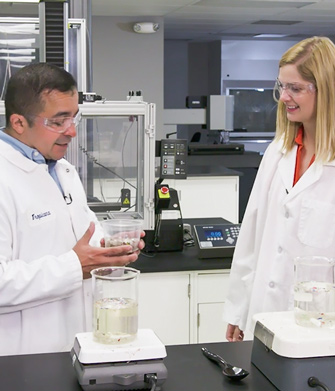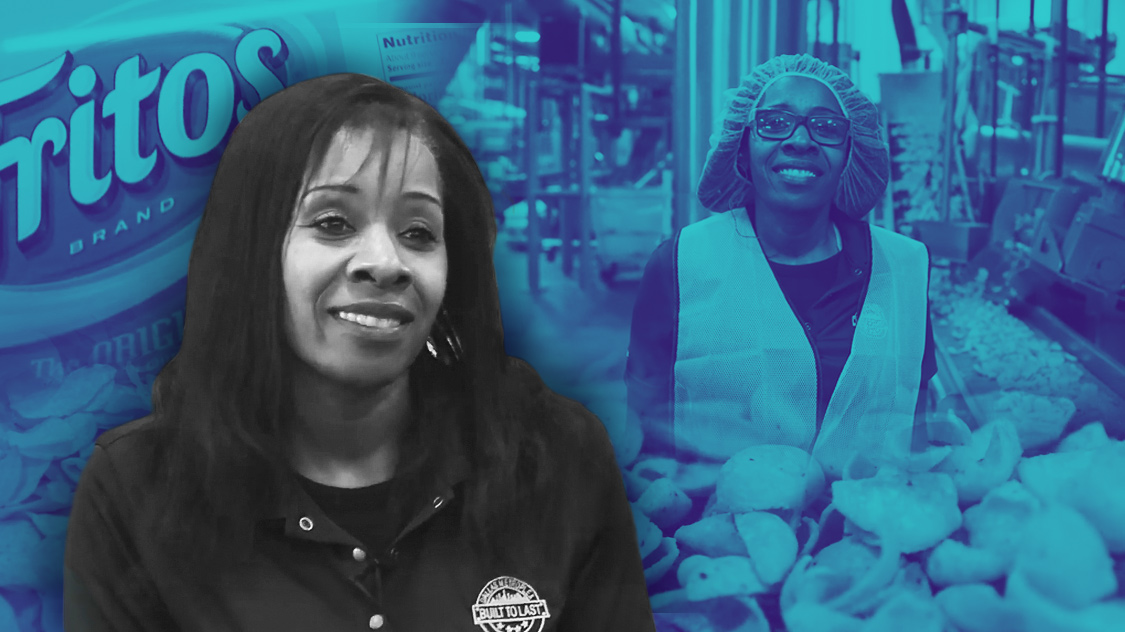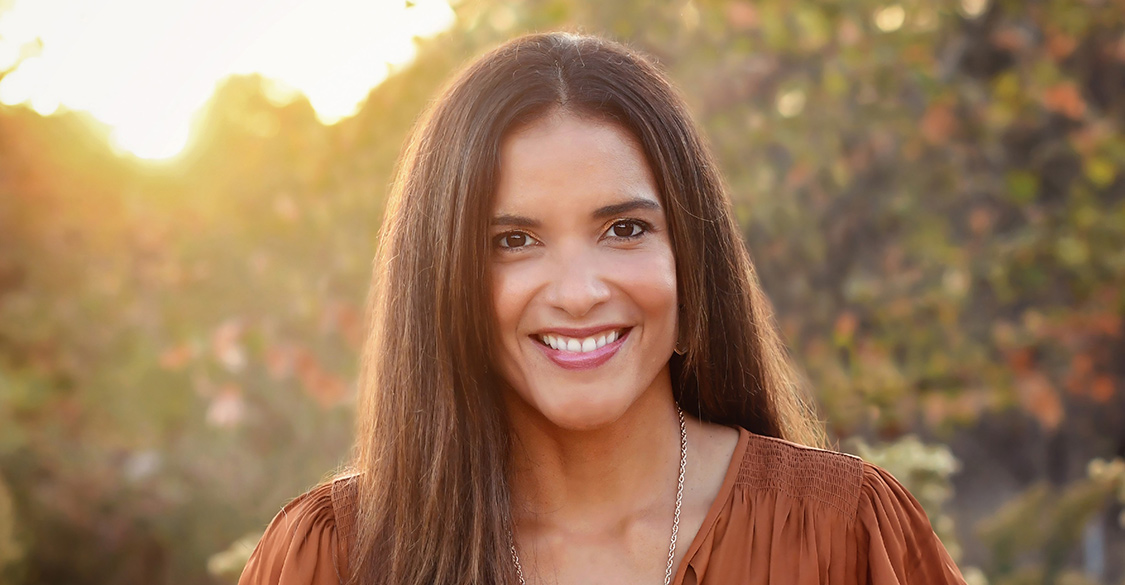Explaining the Right Kind of Recycling
Mooradian has the posture of a marathon runner and the approachable demeanor of a popular mayor. It’s perfect for his public—and favorite—role, crisscrossing the country to promote PepsiCo’s Recycle Rally, a free program offering funding, resources and incentives to enable and encourage K-12 schools to recycle – there’s even an annual recycling collection competition schools can participate in. And the program is working. Participation shot up 550% from 2016 to 2019 and there are now Recycle Rally schools in all 50 states. Since the program began in 2010, participating schools have recycled more than 34.5 million pounds of PET, HDPE, aluminum, fiber, glass, and other plastics and metals, diverting these materials from landfills.
One school that stands out to Mooradian is Prairie View K-8 in Ogallala, Nebraska , population 4,500. “I had never heard of the city before they became a Recycle Rally standout,” he says. The elementary school’s team consistently lands in the top ten on the national leaderboards for the collection contest. In 2016, they got second place after collecting 565,578 containers. The students have become a point of pride for the town and for Mooradian.
And that is just one example. More than 7,000 schools across the U.S. participate in the Recycle Rally program. All those cans and bottles students collect go on to recycling centers, where recyclables are sorted and hopefully get repurposed into new cans or bottles. That fact continually amazes Mooradian, but he has even bigger hopes for the Recycle Rally program.



